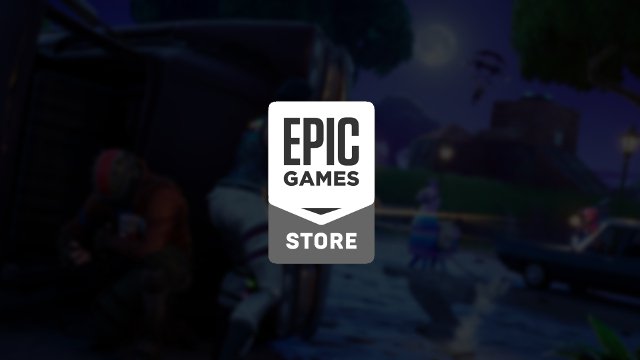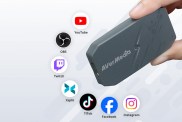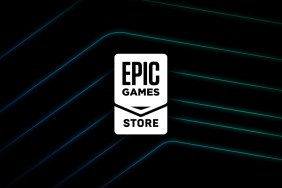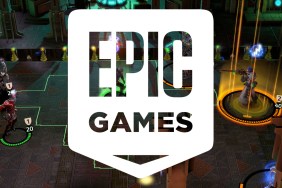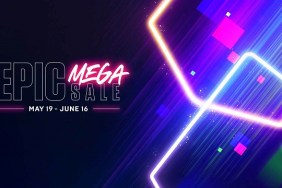Earlier this week, Epic Games was accused of mining users’ Steam data and sending information back to the company. Now the Fortnite developers have responded to the accusations of Steam data mining. Epic’s VP of engineering and Epic’s CEO Tim Sweeney have spoken about the accusations.
A Reddit thread posted on March 13 laid bare a number of Steam data mining software attached to the Epic Games Store. According to that thread, the Epic Games Store accessed Steam files and transmitted data back to Epic without the user’s knowledge. There was also concern in the thread that user data was being given to other companies like Tencent, and even countries like China.
Epic’s VP of engineering Daniel Vogel responded in the thread.
“We only import your Steam friends with your explicit permission,” he said. “The launcher makes an encrypted local copy of your localconfig.vdf Steam file. However information from this file is only sent to Epic if you choose to import your Steam friends, and then only hashed IDs of your friends are sent and no other information from the file.”
He continued by stating that “Epic is controlled by Tim Sweeney” and Epic has “lots of external shareholders, none of whom have access to customer data.” Vogel also noted that the launcher only scans active processes to prevent game updates for games currently running. According to Vogel, the only information about Steam sent to Epic are the “hashed IDs of a user’s friends.”
Epic Games CEO Tim Sweeney also responded in the thread, admitting that the users had rightful concerns over the Steam data mining.
“It’s actually my fault for pushing the launcher team to support it super quickly and then identifying that we had to change it,” said the CEO. “Since this issue came to the forefront we’re going to fix it.”
Sweeney responded several other times in the thread, discussing with a number of redditors some of the Epic Games Store’s minutiae. The company launched the storefront in December 2018 to compete in a market dominated by Steam by using Fortnite to draw users in.
[via gamesindustry.biz]
PC Platforms
-
The PC Platform Puzzle | Digital Distribution in 2019

Gamers are spoiled for choice in 2019 when it comes to digital storefronts. While there are definitely pros and cons to each storefront, it can be daunting to shop if you're just browsing. Here is the landscape of digital games on PC in 2019. -
Steam

The longtime default champion of the category, Valve's Steam won over consumers with amazing sales, vast selection, and indie curation. While things have been rough the past few years for the original distributor, it's safe to say that Valve will do whatever it takes to stay competitive, bar hiring a few support people. -
Epic Games Store
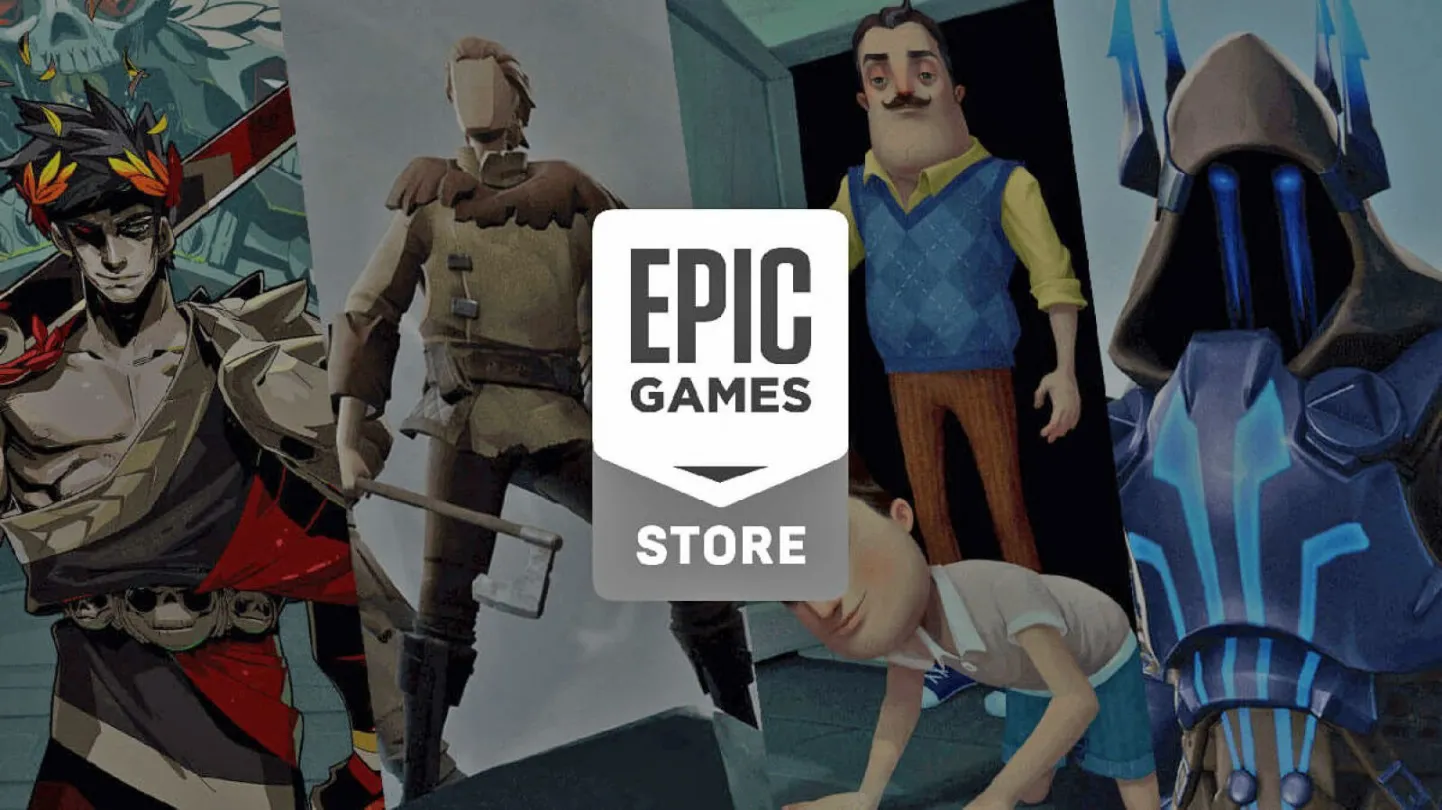
Created with the help of Fortnite's immeasurable success, the EGS has hit the ground running by securing a range of highly desirable PC exclusives like Metro Exodus and The Divison 2. While some frown upon these tactics, there's no denying that Epic's generous financials towards developers is shaking things up. -
GOG
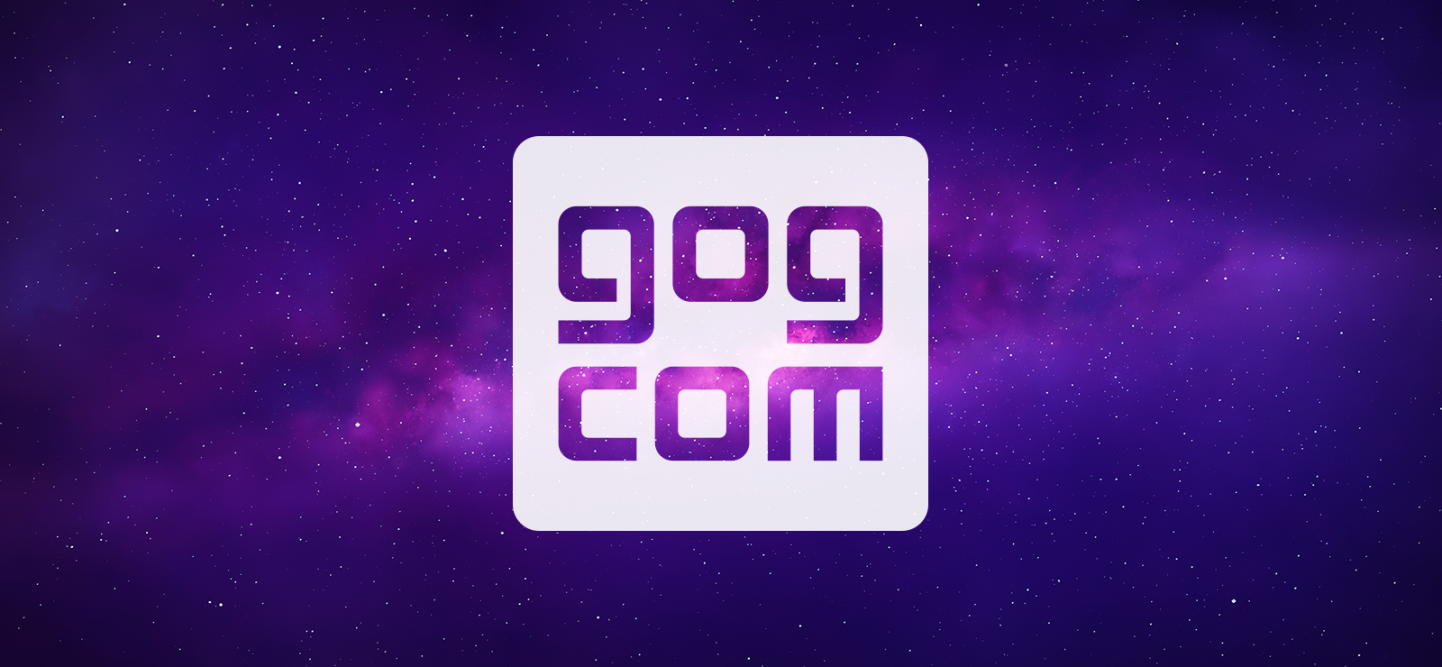
Formally known as Good Old Games, GOG is known for offering older titles in addition to newer indie releases, all without any DRM. It is also the driving force behind re-releases of many retro titles that would be lost to time otherwise. Most recently, GOG teamed with Blizzard to bring back the original Diablo. -
Origin

EA's Origin is a long time Steam alternative that offers EA's lineup and a host of select third-party titles. Mainly focused on selling you an Origin Access subscription nowadays, it is a feature-rich platform that only lacks in a robust selection of games. -
Blizzard Battle.net
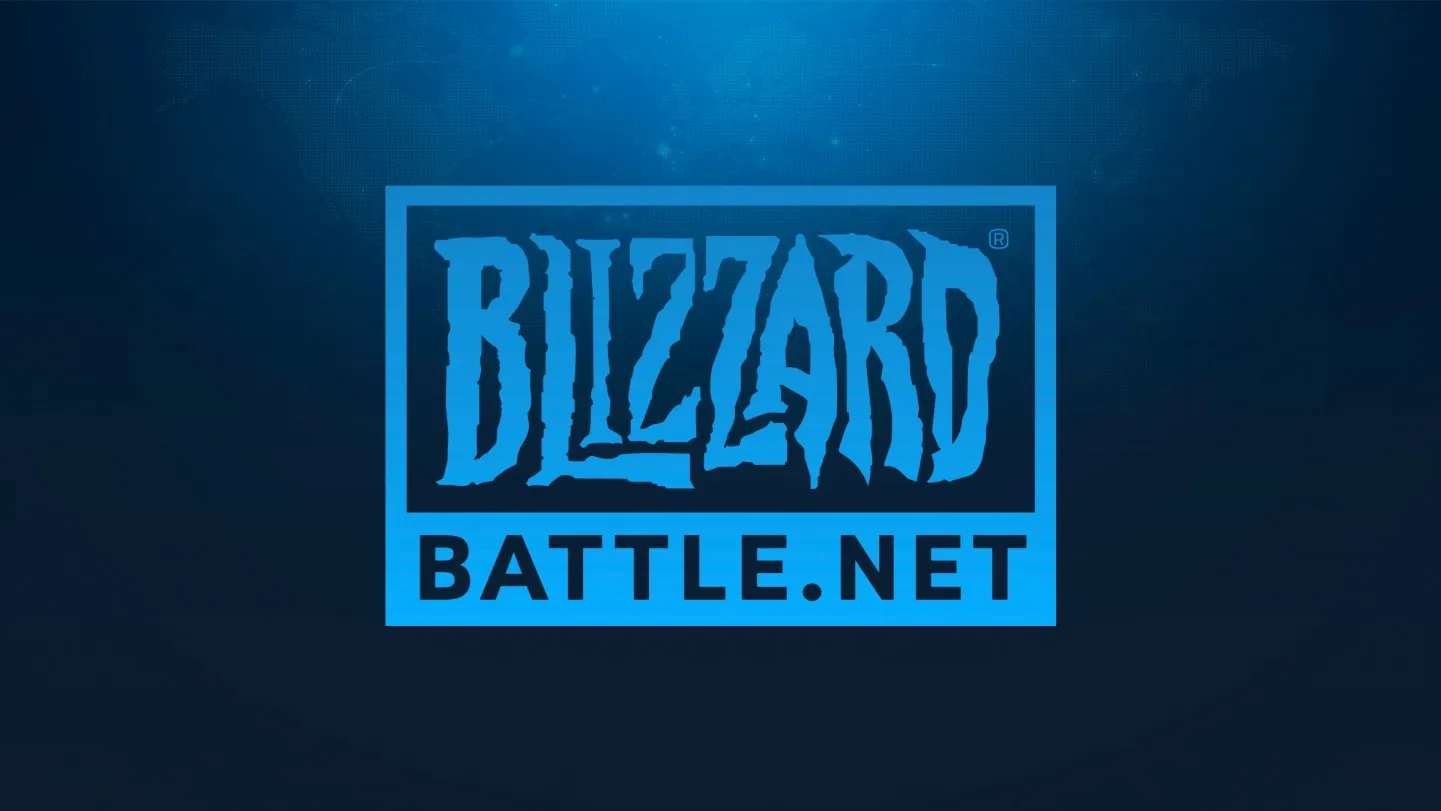
The home of Overwatch, World of Warcraft, and Starcraft 2 recently became the home of Call of Duty as well. Activision is taking a new approach with Blizzard's PC launcher, and only time will tell if future Activision products also make the jump to Battle.net exclusivity. -
Bethesda.net
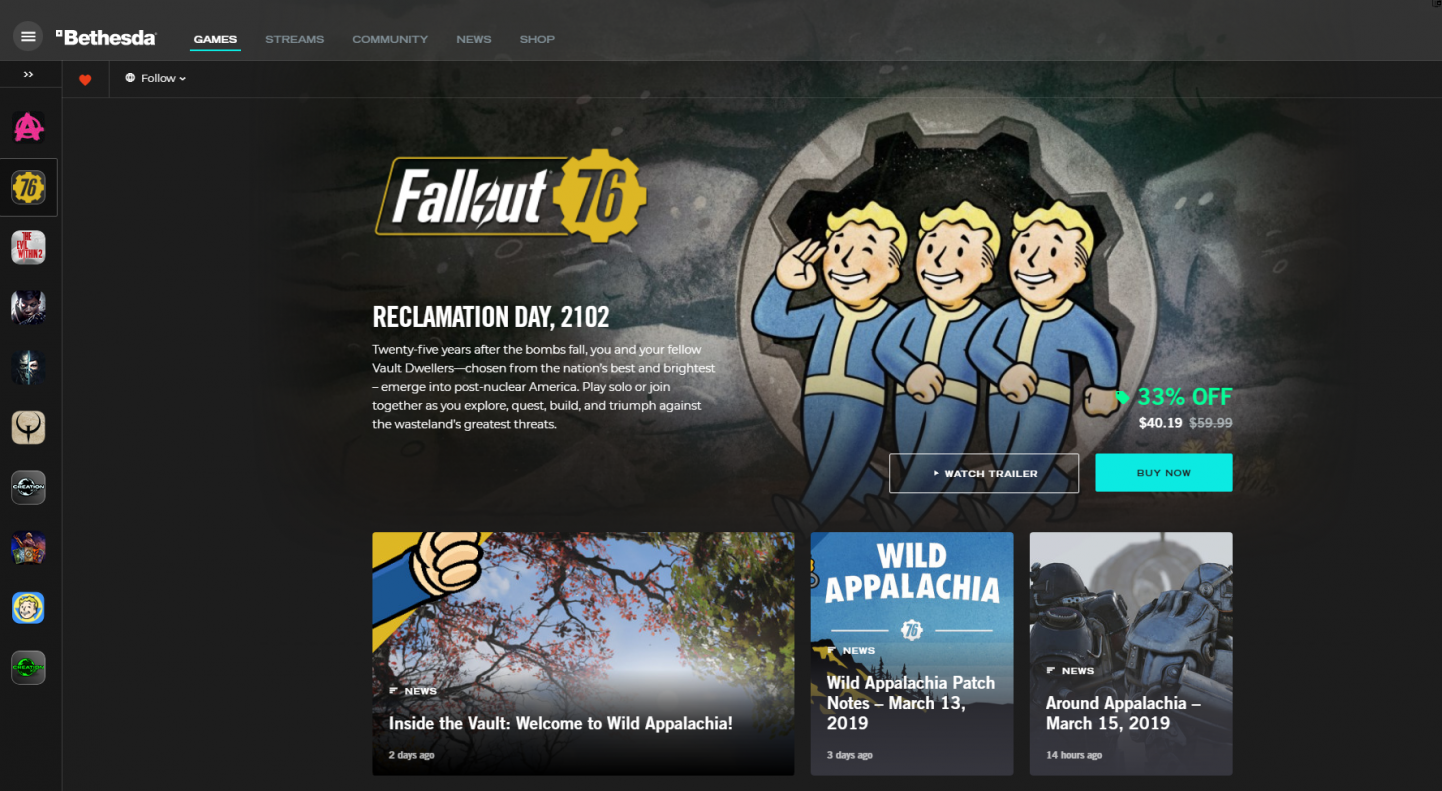
Bethesda's play at digital distribution has been a half step at best. While Fallout 76 is the first game of note to live exclusively on the platform, not many really want to play that at all. The rest of Bethesda's catalog is available, but many prefer to wait for a sale elsewhere than get in on another launcher. -
Uplay
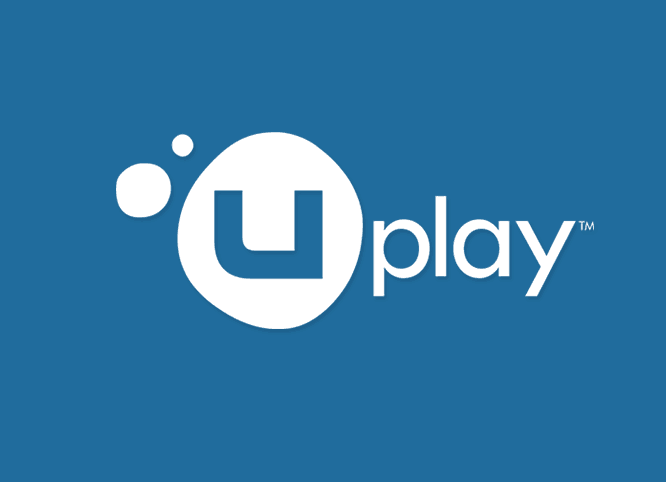
Ubisoft's launcher is the home for every Ubisoft release, but they're not bound to the store. Unlike most places, Ubisoft sells its games everywhere, even if you have to launch Uplay after you hit play anyway. It also carries a limited array of third-party games in case you're interested. -
Itch Io_
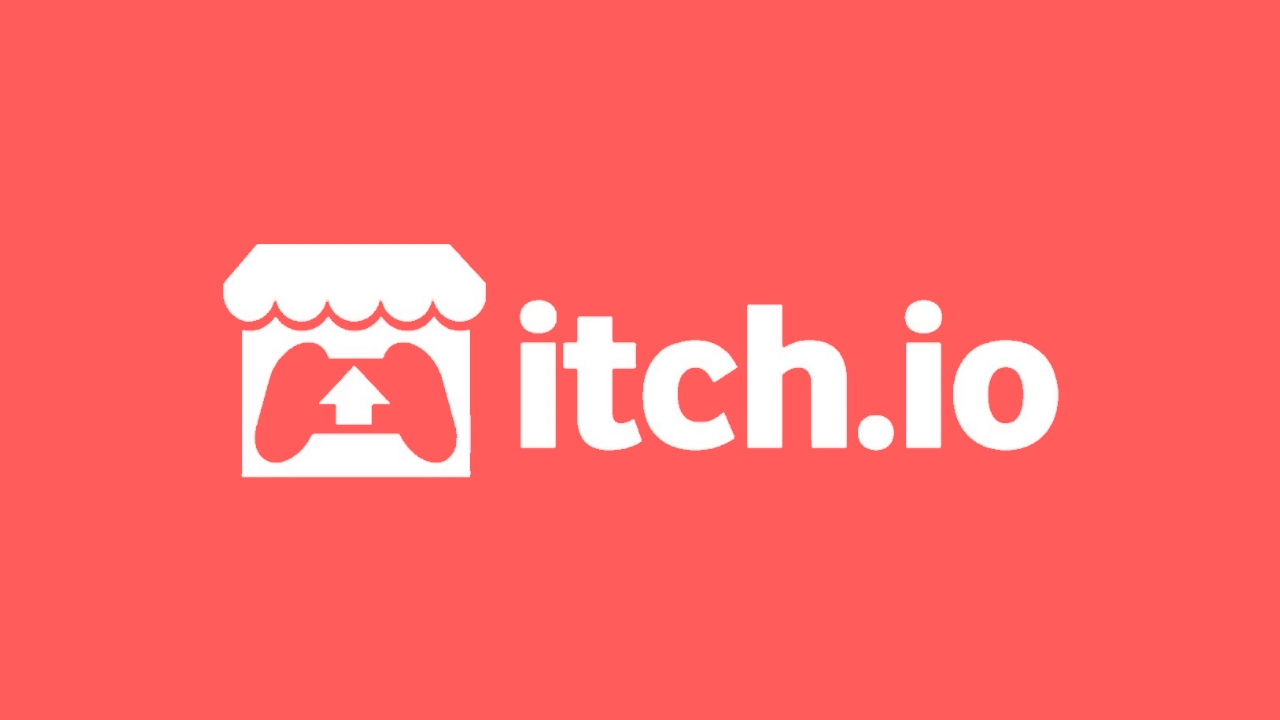
itch.io is a completely open marketplace where anyone can publish with almost no restrictions. This used to give it a unique place in the market, but now it carries on thanks to its pro-indie messaging and low-fi atmosphere. If you want to play something extremely experimental, itch is for you. -
Kartridge
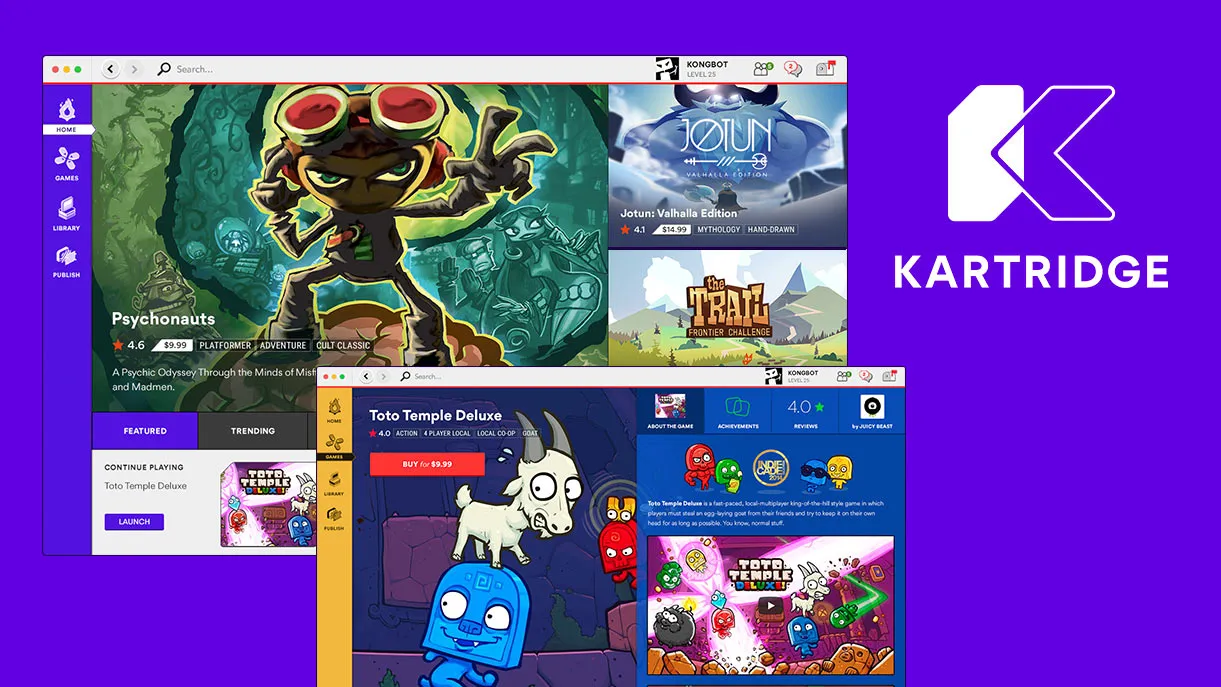
One of the newest storefronts around, Kartridge is the premium game store from Kongregate. It has a large selection of indie games big and small and a few interesting features regarding achievements. Kartridge hasn't made a huge splash, although it is planning to secure some exclusives in the near future. -
Discord

The popular chatting app has several ways to sell players games. They have a Nitro subscription service that comes with their premium options and consists of older PC gems. They've also recently announced that developers will be able to sell directly to their fans via official channels very soon.
